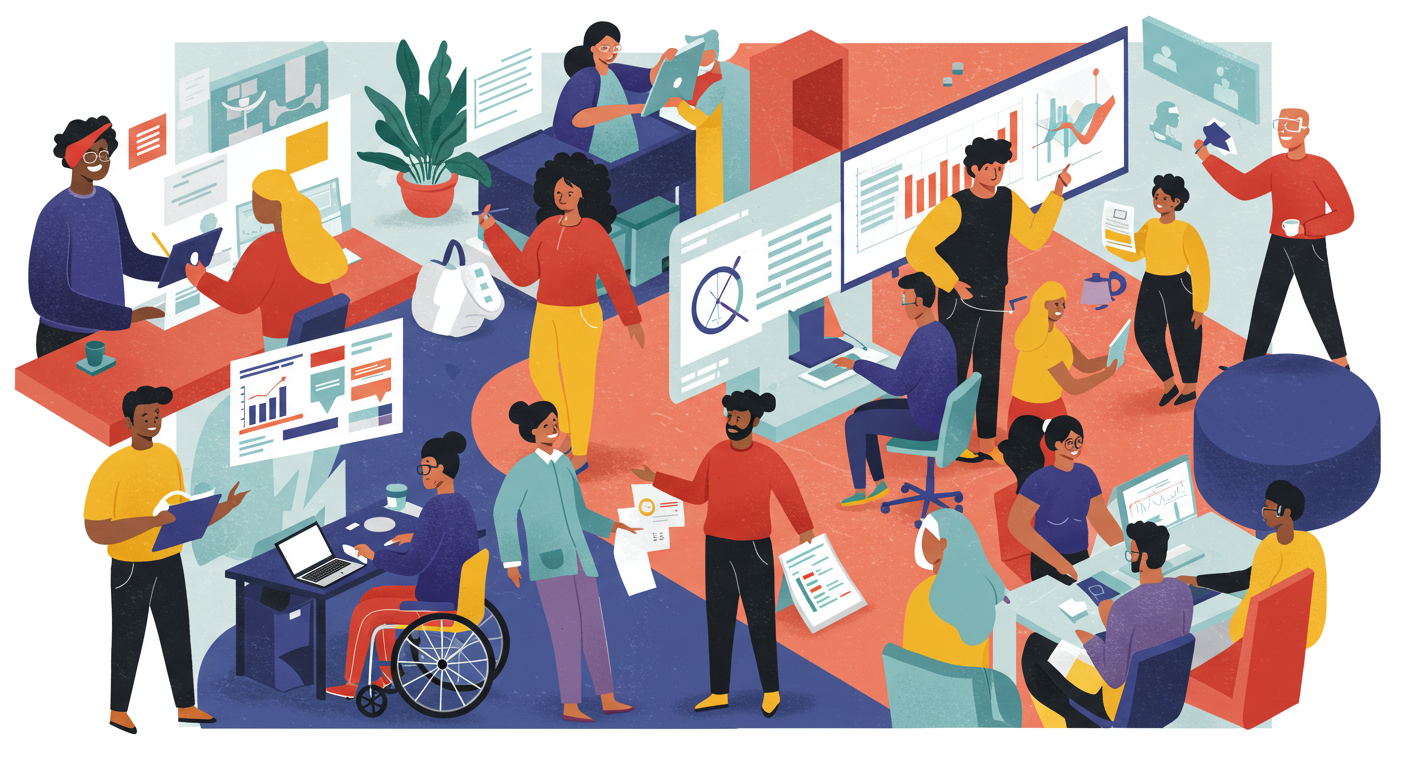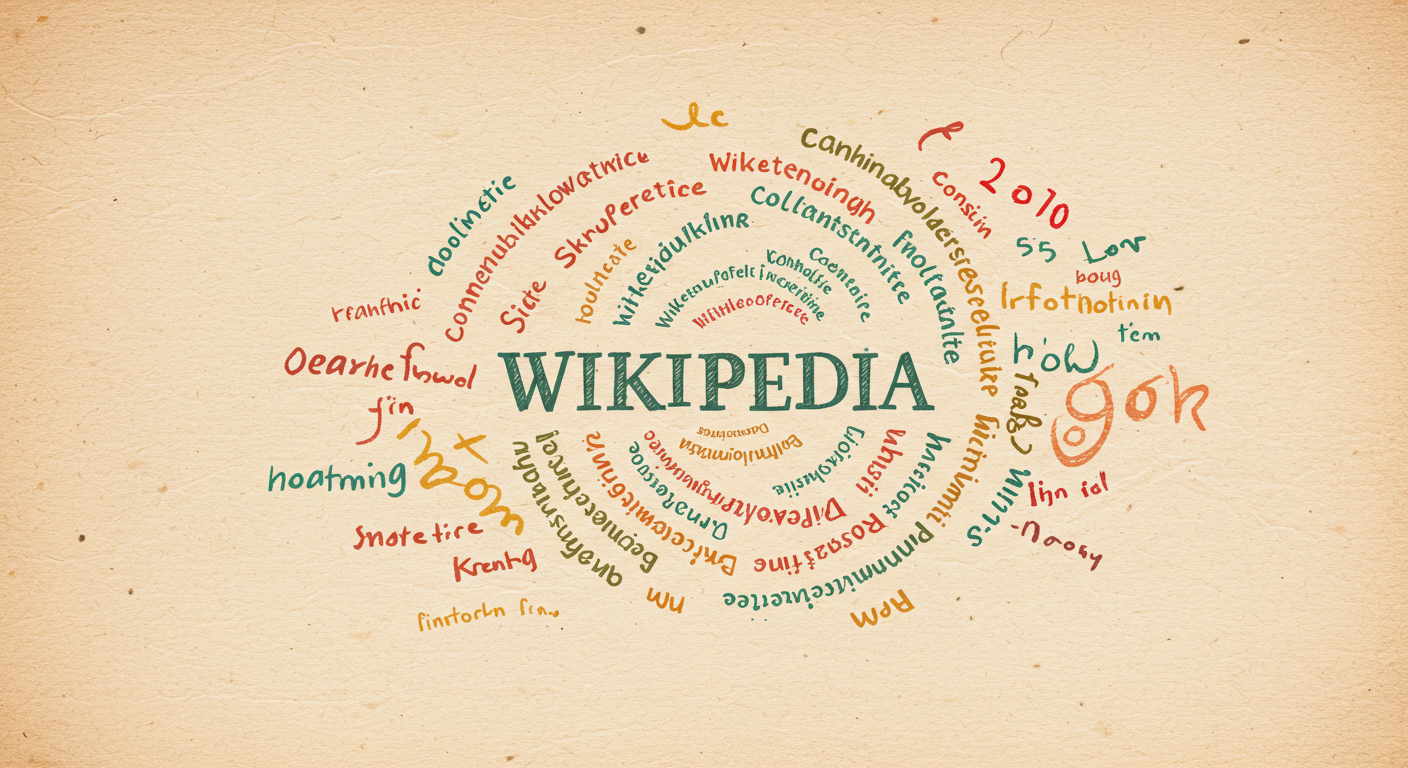This paper discusses the importance of "matching statements and actions" and "responding promptly and fairly to scandals" from the perspective of credibility using the environment surrounding start-up companies and the case of sexual assault that occurred at JAFCO Group Co., Ltd.
Many people turn to colleagues, bosses, or HR departments for help when they have relationship problems at work.
Regardless of the size of your organization or industry, it's important to have a sense of security that you can talk to if you have any problems.
However, when it comes time to consult, these anxieties may pass through your head.
- "I'm afraid I'll be treated as a troublesome person and my career will be at a disadvantage."
- "I think that people who are not well received for consultation and who are causing problems are given preferential treatment."
- "I think there is a risk that explaining the situation will complicate the situation and make it worse."

By ImageFX
These anxieties are not just a struggle to overcome. This is because it is not uncommon for organizations to advertise on their website that they are "comfortable to work in" but in reality have a completely different culture.
If you belonged to such an organization, it is natural to think, "Nothing will change even if I consult with them......
In this article, we will explore the phenomenon of a loss of trust due to the contradiction between what an organization says and what it does.
More specifically, we will focus on the DEI aspect while addressing the "spin" issues behind it. Then, we will consider what actions need to be taken to improve the environment.
目次
1. A Diverse, Fair, and Inclusive Environment: Examples of DEI for Startups
DEI (Diversity, Equity & Inclusion) is a concept that seeks to create an environment where people with diverse backgrounds and attributes can exchange opinions and demonstrate their abilities with peace of mind while having equal opportunities.
One example of this is when a company proclaims in its recruitment brochure, "We welcome diverse human resources regardless of nationality, gender, age, or disability."

By ImageFX
In the startup ecosystem, which is the subject of my research, the importance of DEI will continue to increase from 2024 onwards.
One of the triggers was the issue of sexual harassment of startup-related people reported by NHK in August 2024 (related survey results).
Partly due to the impact of this report, in addition to the existing movements, the industry's efforts to reduce harassment are accelerating.
For instance
- Japan Venture Capital Association's policy formulation and DEI survey to eradicate harassment
- DEI study sessions and related recommendations by Eight Roads Ventures Japan and the Startup Ecosystem Association
These are signs that the startup industry is facing its problems head-on and is about to take steps to make serious improvements.
In fact, according to a survey by the JVCA (Japan Venture Capital Association), the ratio of women in companies and capitalists has increased from the previous survey.We also see data that shows a change.
Results of the 2024 Diversity (DE&I) Survey and JVCA's DEI Initiatives : Japan Venture Capital Association
2. The Pitfalls of DEI "Spin"
2.1 DEIスピンとは
However, there are also cases where "ostensibly declaring DEI with no actual action" and this phenomenon is also known as "DEI spin"[1].
Spin is a casual English expression that means "to hide the inconvenient parts and make it look like you are doing the right thing." Politicians get through scandals with vague word choices, and companies hide unfavorable data and highlight only the good parts.
When this kind of "clever phrase" and "manipulation" becomes the norm, people will be sensitive to whether they are hiding something. Then, the distrust that arises from the inconsistency of words and deeds spreads quickly, and in the end, they are labeled as hypocritical.
2.2 著者が目の当たりにしたDEIスピン
I've seen startups actively announce that they will promote DEI and prevent harassment. That's when I came across DEI Spin.
The background is related to a sexual assault case that occurred at JAFCO Group Co., Ltd. (hereinafter referred to as JAFCO), a company listed on the Tokyo Stock Exchange Prime (8595). Based on the results of the report, I added my real name to Wikipedia and shared it on social media. This is to increase transparency.

by ImageFX
Then, the following response was received from the two signatories to the "Recommendations for Improving DEI in the Startup Ecosystem" introduced earlier.
- "If you write about it on Wikipedia, the sexual harassment issue will become widely known."
- "JAFCO employees are hurt when they see this."
- "Why did you announce on social media that you had updated the article?"
These are nothing but implicit messages that you do not want to spread the problem to the outside world, and that it is better not to expose it as much as possible.
Publicizing the scandals of JAFCO, a top company in the industry, is an important step toward creating a healthy environment, but it can be said that it is the exact opposite.
Exactly、DEIA typical example of DEI spin that tries to hide things that are not convenient for them while pretending to be importantIt can be said。
3. Breakdown of trust caused by inconsistency in words and deeds
3.1 Contradiction between "what you say" and "what you do"
The tricky thing about DEI spins is that they can severely damage an organization's trust.Research in business administration has also pointed out that "discrepancies between talk and action" are a major factor in damaging an organization's reputation [2].
This is because receiving a reputation for "breaking promises" increases the risk of being perceived as hypocrisy. At the same time, the DEI initiative itself becomes a mere formality, increasing the risk of overlooking harassment and discrimination.
For example, "There is a consultation system, but the organization tries to hide that you can actually sue for damages," or "There is no treatment for victims even though they are posting a fair response." It's extremely opaque."
3.2 企業の言行不一致における3つの種類
There is a study that explains this contradictory behavior with the concept of "corporate hypocrisy" and analyzes it into three types [3].

By ImageFX
The first is behavioral hypocrisy. This is simply the case when the "stated policy" and "on-site action" do not mesh. It does not necessarily mean that there is a deliberate deception, but rather an inconsistency due to circumstances and constraints. For example, a company that emphasizes quality may ship defective products due to production problems.
Second, there is moral hypocrisy. This is a deliberate deception in which organizations falsely believe that they are morally right. For example, there are cases where people are declaring environmental protection but are actually doing illegal activities.
The last is hypocrisy attributions. As a matter of fact, it is not only a discrepancy in words and deeds, but also a state in which it is recognized by those around it that "that organization is inherently hypocritical." It's a serious situation where the entire organization is mired in a quagmire of distrust.
So, how can organizations tackle sensitive issues before they become serious and trustworthy?
4. "Defensive Response" and "Fair Response" to Scandals
4.1 Two patterns when a problem is discovered
Taking research on sexual harassment as an example, there are two main patterns of how organizations respond when a problem is discovered [4].
The first is "defensively minimizing." For example, there are cases where the relevant departments in the company do not conduct any investigations, protect the alleged perpetrators, and encourage the victim to withdraw the complaint.
The other is to provide a "quick and fair response" to the victim. For example, you may want to initiate an investigation based on a complaint, or you may also provide psychological support to the victim.
As a specific example, we will consider the sexual assault case that occurred in JAFCO in chronological order based on related reports. The subject of analysis is JAFCO's statements related to the incident.

By ImageFX
4.2 ジャフコ性加害事件の報道時系列
October 11, 2024 Tokyo Shimbun: It has been reported that a female contract employee has complained that she was sexually assaulted by executive officers and subsequently unfairly terminated. A JAFCO spokesperson replied that "there is no connection between sexual harassment and the termination of the employment contract," and said that it would "refrain from answering" about the company's responsibility.
October 23 Toyo Keizai: After the perpetrator came to light within the company, the company responded in a way that the victim did not want, and the monthly remuneration of 1 million yen at the time was reduced to 500,000 yen, and the employment was finally terminated. Regarding the series of responses that led to the discovery of the perpetrator, JAFCO explained, "There is no recognition that the woman's personality was denied or that the employment conditions were unilaterally pressed."
November 1 Nikkei Shimbun: It was introduced that JAFCO will establish a whistleblowing system for harassment. Regarding the sexual assault of a former contract employee, he said, "We take the sexual harassment incident seriously and deeply regret it."
November 13: A press release was issued on JAFCO's official website announcing the establishment of a whistleblowing system. In the document, it is stated that "in recent years, responding to harassment has become an issue in the industry surrounding venture capital startups." There is no mention of sexual assault that occurred within JAFCO, which has been reported recently.
Tokyo Shimbun on December 13: Regarding the establishment of the above-mentioned whistleblowing system, it is stated that JAFCO has not contacted us and has not apologized for the perpetrators. JAFCO spokesperson replied, "We do not provide guidance on measures for women, and there is no connection between sexual harassment and the termination of employment contracts." For those who have invested in JAFCO, "we have explained that we will continue to strive to prevent harassment."
Toyo Keizai on January 16, 2025: It is said that the perpetrator made the perpetrator publicly apologize at a monthly meeting to the victim who demanded that the fact that the fact that the perpetrator would not be known within the company. JAFCO said that the "public apology" had been approved by the person and that "it was an appropriate response to prevent recurrence."
Based on the state of the report, the following three points can be pointed out.
- 被害を受けた方への「素早く公正な対応」がどこまで行われたかは不明
- 被害者が望んでいなかった対応(例:公開謝罪)を行っている
- 被害者に連絡はしていないが、出資者やメディアへの連絡・対応はしている
Therefore, it is difficult to point out supportive actions for victims.There is room for suspicion that it is a "defensively trivializing response"It can be said that there is enough of it.
5 How can trust be restored?
5.1 真摯な対応が鍵を握る
JAFCO's sexual assault case is also instructive in considering the impact on organizations when sexual harassment surfaces. This is because when sexual harassment problems become known to the outside world, many organizations can suffer a major blow to their "reputation".
Recent research suggests that the more this negative information is made public, the more likely job seekers are to shy away from it[4]。
However, interesting things happen when the organization takes the issue seriously and conducts investigations and cares for victims in a sincere and proactive manner.Research suggests that not only does a damaged social image revert, but it can also lead to a higher reputation than it was before the problem occurred.
A strategy that tries to hide the problem as much as possible may seem to reduce risk, but in fact it quickly erodes the trust of the organization. On the other hand, if you want to know what you need,If you are proactive in disclosing and focusing on victim protection, you also have the opportunity to uncover the structural problems that your organization is facing. 。
5.2 Three Perspectives Needed to Achieve a Trusted Organization
1) 透明性:組織として失敗や問題を正面から認め、改善プロセスをオープンに示すことで、むしろ信頼を高めることができます。短期的には痛みを伴うかもしれませんが、長い目でみれば、「何かあっても隠さずに正直に対処してくれる」という安心感が組織への愛着につながります。
2) 自己検証:通報制度やサポート体制は、つくっただけで安心してはいけません。外部の目を積極的に取り入れながら、仕組みが形骸化していないかを常に点検する必要があります。外部批判にも耳を塞がずに向き合う姿勢が不可欠です。
3) 大局観:「組織イメージが落ちるから、できるだけ問題を隠蔽する」という考え方は、短期的な視点にとらわれています。長期的には、透明性の欠如こそが信頼を損ねる最大の要因です。公正なプロセスを示し、行動で示すことでこそ、組織は長期にわたって信頼を得られます。
In the case of JAFCO's sexual assault, the best way to maintain and restore trust as an organization is to respond promptly and fairly to the victims.
conclusion
Gaining or losing trust depends on the alignment of what you say and what you actually do.
You should avoid focusing on not having substance or hiding the problem, as in the case of DEI spins. There is a risk that it will be perceived by others as a "hypocritical organization".
Worst-case scenarioAvoidance, in the long termTrustedOrganize your organizationMakingHow to move up, short-termDon't be defensive out of fear of risk, but be transparent and fair。 It is not only about the relief of the victims, but also about the internalStructuralUncover the issuesPrecious to put outIt can also be an opportunity。
In order to create an environment where everyone can work with peace of mind, responsible leadership and honesty are essential through thorough action.


